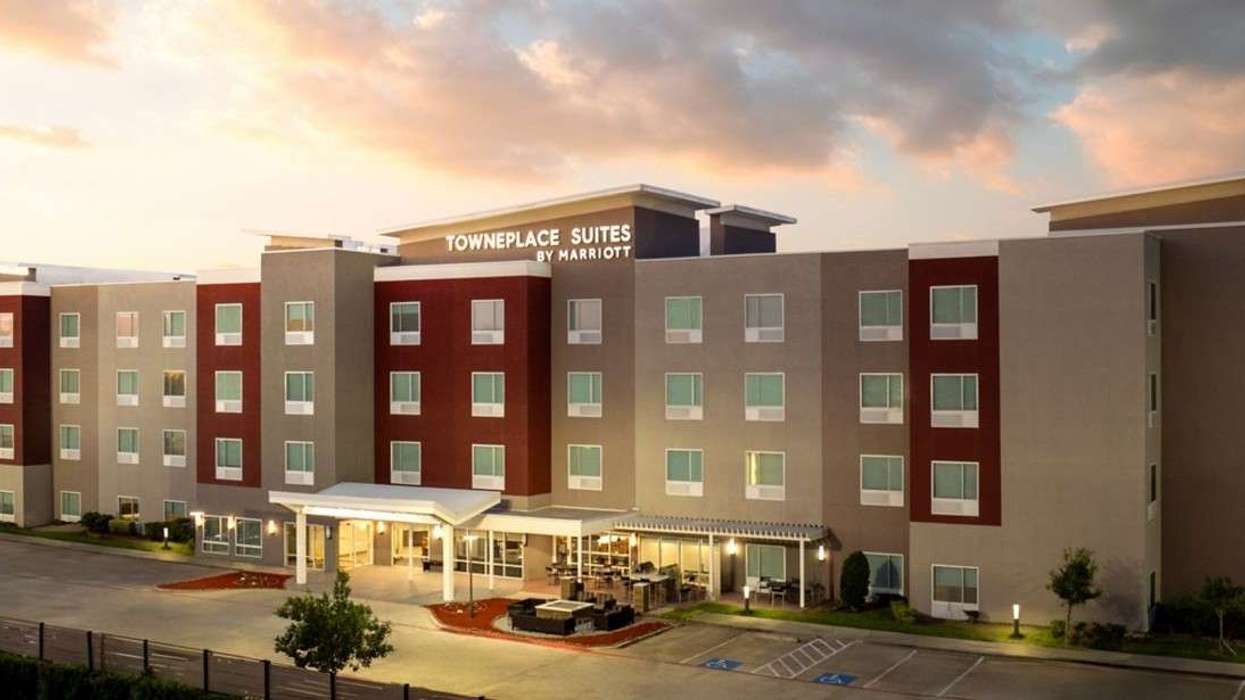AAHOA safety training
AAHOA IS OFFERING a free educational webinar, “Essential Training for Hotel Owners: Managing Guest Misconduct and Ensuring Safety,” on July 17. The initiative follows the death of an AAHOA member after a confrontation with a guest who was asked to leave the property, AAHOA said in a statement.
The association emphasized that hoteliers should assess the risks of handling confrontational situations independently and involve law enforcement when faced with potentially volatile encounters to ensure personal safety.
Hemant Mistry, a 59-year-old hotel owner from Oklahoma City, was killed last month at his property.
According to police reports, a 41-year-old suspect was arrested after an altercation in which he punched Mistry, who died from the impact. This incident is heartbreakingly similar to the murder of Pravin Patel, owner of the Hillcrest Motel in Sheffield, Alabama, who was killed under similar circumstances in February, AAHOA said.
"After receiving feedback from many members and fellow hoteliers about their concerns for staff and guest safety, AAHOA's Education and Professional Development Committee quickly came together to organize this webinar," said Miraj Patel, AAHOA’s chairman. "To honor Hemant's memory and increase awareness of best practices to ensure the safety of hotel owners, this webinar gives a detailed look at your rights as a business owner and the legal tools you can use to manage tough situations."
Topics will include:
- Legal rights and business owner protections: Understand the laws you can rely on to manage disruptive or criminal behavior by guests.
- De-escalation techniques: Learn effective phrases and strategies to defuse tense situations and regain control.
- Handling police involvement: Gain insights into managing interactions with police officers and ensuring proper action is taken in criminal matters.
- Guest versus employee management: Explore the different approaches required for handling disruptive guests versus employees, including eviction procedures for guests.
- Practical scenarios: Discuss real-life situations, such as threats of violence and violations of house rules, to apply the knowledge in practical settings.
Additionally, AAHOA has compiled articles from Today's Hotelier magazine addressing safety protocols.
“The tragic loss of Hemant Mistry and other AAHOA members due to violent guest responses is simply heartbreaking and beyond explanation,” said Laura Lee Blake, AAHOA’s president and CEO. “It underscores the urgent need for comprehensive training for owners to know how best to respond to potentially volatile persons who might be mentally unstable for the safety of all involved. If our educational programming can prevent just one incident in the future, we know we will have accomplished our mission.
Registration to the webinar is available here.






